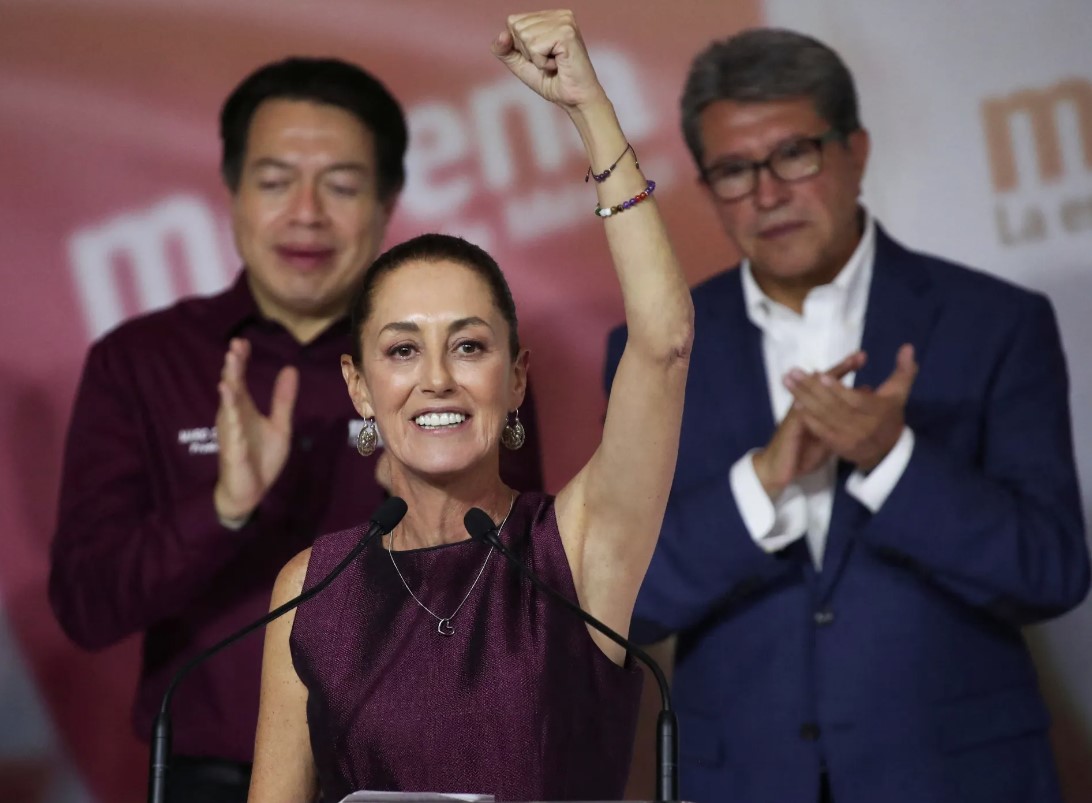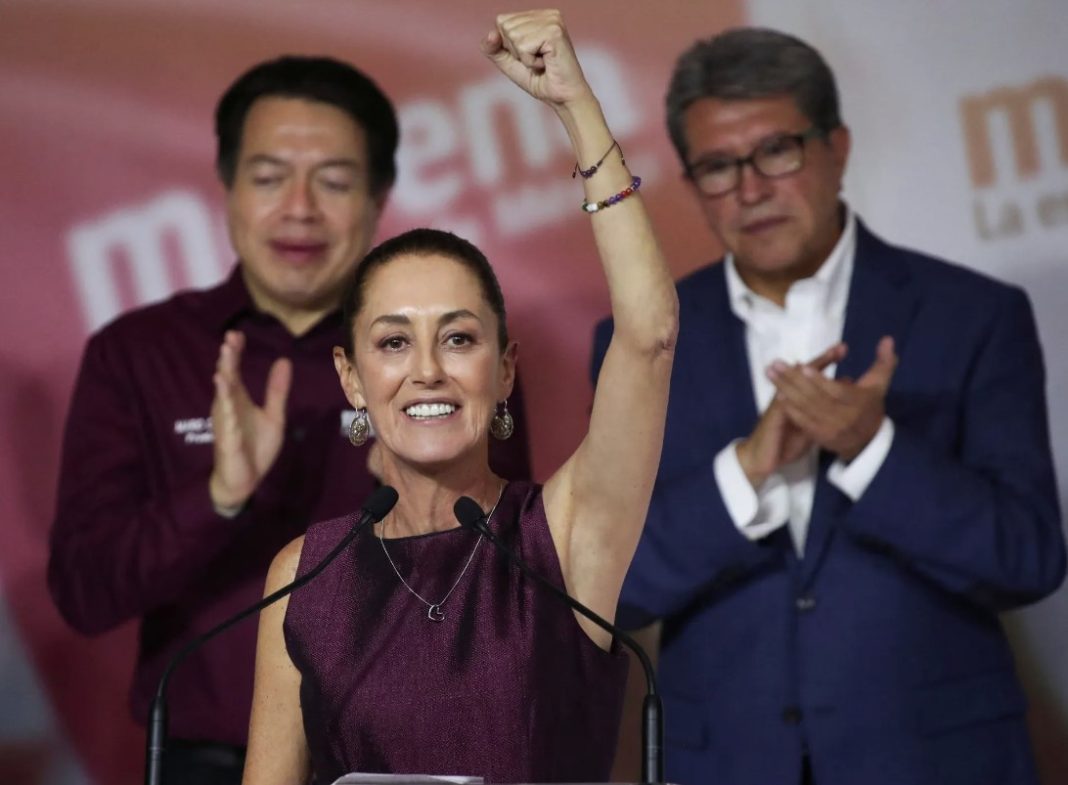Mexico made history by electing Claudia Sheinbaum as its first female president, a milestone achieved before the United States. Sheinbaum, a 61-year-old climate scientist and former Mexico City mayor, won a landslide victory with 58.3-60.7% of the vote, defeating her main rival Xóchitl Gálvez by around 30 percentage points.
 Key Points
Key Points
- Sheinbaum, the anointed successor of outgoing President Andrés Manuel López Obrador, vowed to continue his populist leftist policies and robust social welfare programs. However, she is seen as a more mainstream leftist politician compared to López Obrador’s ideological approach.
- Mexico’s journey to electing a female president was facilitated by gradual reforms over decades, including laws mandating gender parity in government and a 2019 constitutional amendment requiring equal representation of women across all branches. Feminist activism also played a crucial role in pushing for these changes.
- Despite this milestone, Mexico continues to grapple with high rates of gender-based violence and femicide, with over 3,000 women killed in cases considered femicide in 2023 according to UN Women. As Mexico City’s mayor, Sheinbaum implemented reforms to address this issue, which she aims to replicate nationally.
- Sheinbaum’s election is a significant achievement for women’s representation in Mexican politics, with half of the country’s legislature now comprising women, compared to 30% in the U.S. Congress. Her victory serves as a powerful example of how proactive measures, rather than waiting for natural progress, can advance gender parity in leadership.
- Sheinbaum, who is of Jewish descent, will also be Mexico’s first president from a non-Catholic background in the predominantly Catholic nation. She faces challenges such as addressing violent drug cartels, improving U.S. relations, and continuing popular welfare programs.
In summary, Claudia Sheinbaum’s historic election as Mexico’s first female president marks a significant milestone achieved before the U.S., facilitated by decades of reforms and activism promoting gender parity in Mexican politics, despite ongoing issues of gender-based violence.





